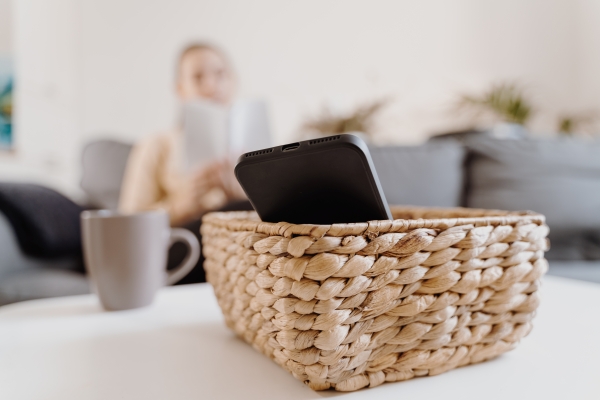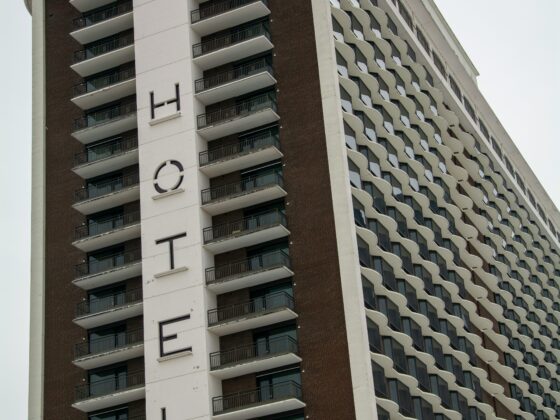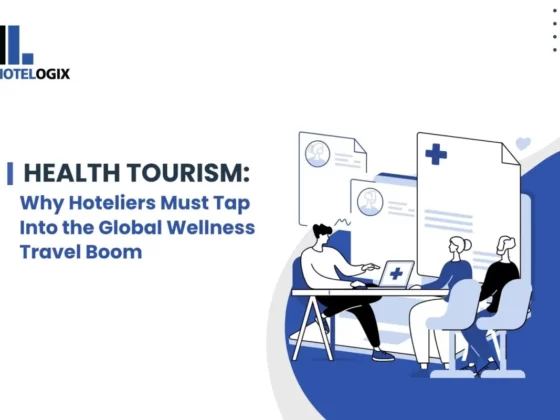
Always nearby; within grasp; panic erupts if not. Sounds like an existential crisis—but I’m just referring to my phone. I know I’m not alone.
I made my way through college in the mid-’90s when Dave Matthews Band was all the rage and tracks like “Crash” had both sexes swooning. Moviegoers lined up to see Mel Gibson in a kilt and yowl “Freedom!” (There was streaking on campus, not streaming.) There, too, weren’t portable phones. Answering machines (for the kids, these were actual machines that recorded messages and played them back) were ubiquitous in dorms with me, in my youthful angst, often suffering the ignominy of returning home to a blank machine—no red flashing button to be found.
Those were the days. Those are not the days today: There are almost 5 billion smartphone users today with that number forecasted to reach 6 billion by 2028. That’s a lot of people with their heads down.
Smart devices have their usefulness: They keep us in constant communication with the outside world—family, friends, co-workers—and enable us to access literally any piece of information we need, from a soufflé recipe to the score of a football match. It’s all right in our hands.
Maybe, just maybe, it’s not all that healthy. Research suggests that smartphone usage can negatively impact cognitive ability, disrupt sleeping patterns and affect social skills. Not to mention piss off your boss: In recent leaked audio, Jamie Dimon, the CEO of JPMorgan Chase, is heard employing “colorful” language to denigrate Zoom and admonish workers for not paying attention and sending texts and reading emails during video meetings. He said it creates rudeness and inefficiency.
“You don’t do that in my (insert blasphemous expression) meetings,” he said. “You have my focus, my attention, I don’t bring my (insert blasphemous expression) phone.”
Ok, boomer! Well, maybe there is some truth to his frustration (the bulk of his outburst was directed at WFH policies). The smartphone has become an appendage: “Don’t leave home without it” is no longer just an American Express catchphrase. Though the “slow movement” originated from protests against fast food, it has its applications to technology. Hotels are tapping into it—railing against the omnipotent smartphone. Miraval, the wellness-focused Hyatt brand, preaches mindfulness and encourages a digital device-free environment that “empowers guests” to be “free from distraction.” In fact, it’s not just encouraged, but mandated: Guests are asked to use technology only in their room or designated locations. Miraval means business (isn’t getting done).
Other hotels push the “digital detox.” France’s Vichy Celestins Spa Hotel offers a package where devices are taken at check-in and locked in a safe. Meanwhile, the Haramara Retreat in Mexico has the perfect solution to weaning off devices: rooms don’t have electricity.
It all sounds so tranquil and dandy. Of course, who am I to talk? While writing this, I scrolled through 10 Instagram videos, booked an Orangetheory class, refreshed Gmail twice and checked in on LinkedIn four times.
HELP!!




